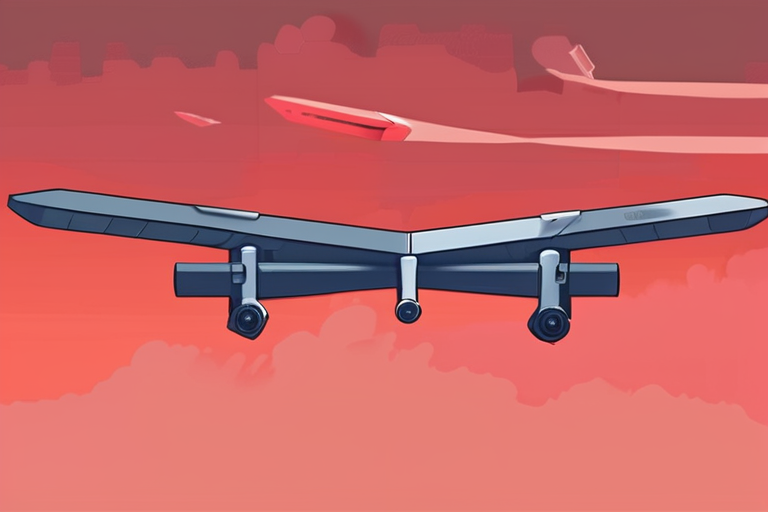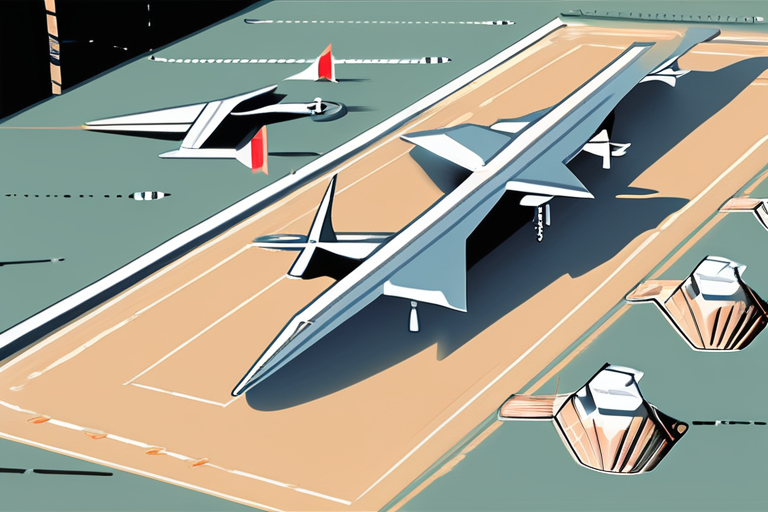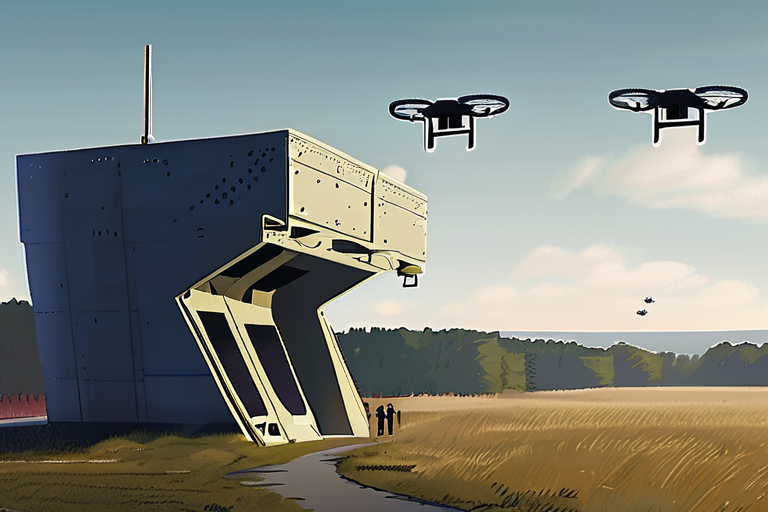Denmark Takes Drastic Measures Against Russian "Hybrid War" Threat After Mysterious Drone Sightings


Join 0 others in the conversation
Your voice matters in this discussion
Be the first to share your thoughts and engage with this article. Your perspective matters!
Discover articles from our community

 Hoppi
Hoppi

 Hoppi
Hoppi

 Hoppi
Hoppi

 Hoppi
Hoppi

 Hoppi
Hoppi

 Hoppi
Hoppi

BREAKING NEWS Denmark Braces for Imminent Russian Hybrid War Threat After Widespread Drone Sightings COPENHAGEN, Denmark - October 3, 2025 …

Hoppi

Drones Seen Over Danish Military Bases in Latest Air Disruption COPENHAGEN, Denmark - Drones were spotted hovering above several Danish …

Hoppi

Denmark Reports New Drone Sightings Overnight at Military Sites COPENHAGEN, DENMARK - In a developing story, Denmark's military has confirmed …

Hoppi

Drone Attacks Leave Denmark Exposed, Searching for Response COPENHAGEN, DENMARK - In a series of coordinated drone attacks, critical infrastructure …

Hoppi

Drones Seen Over Danish Military Bases in Latest Air Disruption COPENHAGEN, DENMARK - In the latest incident of suspicious drone …

Hoppi

Denmark Reports Drone Sightings at Military Facilities as NATO Warns Russia About Violating Airspace COPENHAGEN, Denmark - In a series …

Hoppi